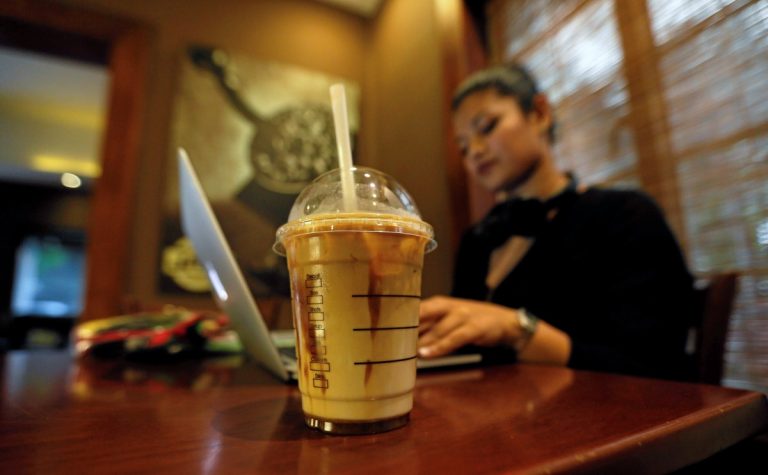
A South Carolina teenager who collapsed in a high school classroom last month died because he drank several highly caffeinated drinks too quickly, a coroner said on Monday.
Davis Allen Cripe, 16, drank a latte from McDonald’s, a large Mountain Dew soda, and a highly caffeinated energy drink in just under two hours, South Carolina’s Richland County coroner Gary Watts.
Watts told Reuters by phone physicians on his staff determined Cripe died from a “caffeine-induced cardiac event causing a probable arrhythmia.”
Richland County Coroner Gary Watts in press conference discussed the death of Davis Cripe due to large amounts of caffeine. pic.twitter.com/KzsGTMRj26
— chris brathwaite (@number1bajan) May 15, 2017
It was likely caffeine would not have been seen as a factor in his death if it had not been for witnesses who told officials what Cripe had to drink before he collapsed during a high school class, Watts said.
He said the primary witness could not definitely say what brand of energy drink he had, but said it was from a container the size of a large soft drink.
“The energy drink was basically chugged.” – Watts
Watts said Cripe was considered a healthy teenager and did not have an undiagnosed heart condition. There was no sign of a heart condition in his autopsy.
“This is not a caffeine overdose,” Watts said. “We’re not saying it was the total amount of caffeine in the system, it was just the way it was ingested over that short period of time, and the chugging of the energy drink at the end was what the issue was with the cardiac arrhythmia.”
Davis weighed a little more than 200 pounds (90 kg), but would not have been considered morbidly obese, Watts said. He died about an hour after collapsing in a high school near Columbia, South Carolina.
BBC News – Northumbria University 'life-threatening' caffeine test fine https://t.co/LgnQZ9rnH3
— Claudio Mirasso (@claudioMirasso) April 26, 2017
Cripe may have had the same amount of caffeine on another day and been all right, Watts said.
“We’re not trying to speak out totally against caffeine,” Watts said. “We believe people need to pay attention to their caffeine intake and how they do it, just as they do with alcohol or cigarettes.”
The Mayo Clinic said in a March report up to 400mg of caffeine a day “appears to be safe for most healthy adults.”
According to caffeineinformer.com, a McDonald’s latte has 142 mg of caffeine, a 20-ounce Mountain Dew has 90mg, and a 16-ounce energy drink can have as much as 240mg.
Liked this? Then you’ll love these…
British university ‘sorry’ after wrongly giving students 300 coffee cups’ worth of caffeine
5 tips for coming out of ‘Dead Week’ alive







